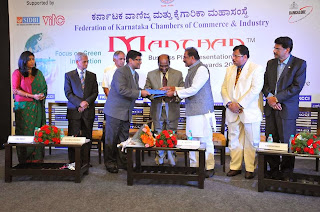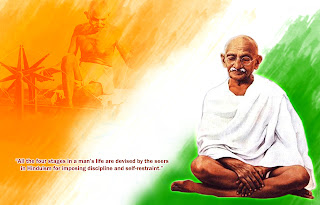Leaping big in INNOVATION 2013 - Dream come true

It’s a long way to come along for dreams to be translated into reality. Especially if it’s a dream that is being brought into reality that will in turn translate multitude of dreams into reality. Yes!! Isn’t that interesting? 14 years ago this dream was conceived to assist in the space of innovation where a) Ideation can be translated into demonstrated services or products using an incubator. b) To become an accelerator and a catalyst to entrepreneurs and organizations in sustaining . c) To bring a change by innovating and changing the habits of people, thinking differently to excel. d) Stimulating change by approaching things in Creative and Open space culture. e) Creating a replicable viral effect at the grassroot level and impacting social Change After many years of various trial and errors; finally the wheel of life has come a full circle with this thought process. Manthan 2013 promoted by FKCCI gave it a new meanin
